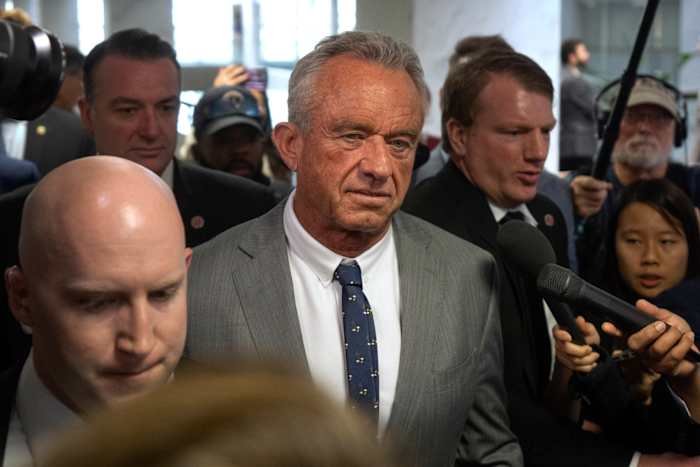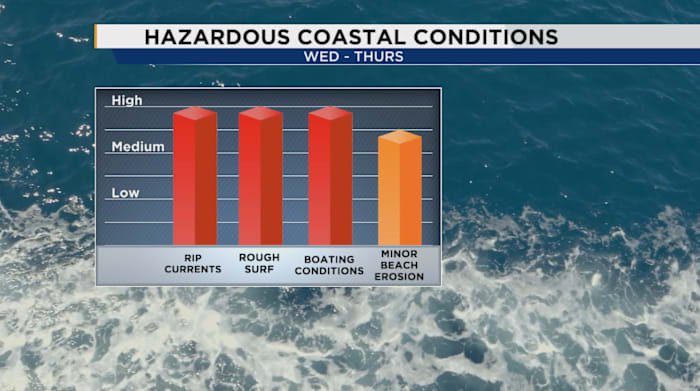California has taken a bold step in expanding its privacy protections, especially for some of its most vulnerable residents: sidewalk vendors. With the latest law signed by Governor Gavin Newsom, the Golden State is pushing back against federal immigration enforcement, underscoring a growing divide between Democratic-led states and the Trump-era immigration agenda. But what does this mean for communities across the country, including those right here in Orlando? Let’s break down the new law, its impact, and how it echoes in Central Florida.
Understanding California’s New Privacy Law
The law, officially signed into effect in early June, prohibits local and state agencies from sharing the personal information of sidewalk vendors with federal immigration authorities—unless specifically required by law or court order. Sidewalk vendors, who are often immigrants, have historically faced the dual threat of both legal penalties for unlicensed vending and potential deportation.
By shielding these vendors’ identities, California aims to foster a safer work environment, encouraging compliance with local business regulations without the looming fear of immigration raids. Lawmakers who supported the bill argue that this measure will help build trust between immigrant communities and local agencies, allowing vendors to participate more openly in the economy.
Why Sidewalk Vendors Need Protection
Street vending is a lifeline for many immigrants, offering a way to earn a living and support their families. However, these small-scale entrepreneurs frequently operate in a legal gray area. In many cities—including Orlando—sidewalk vending is regulated, and vendors are required to obtain permits.
But for undocumented immigrants, the process of applying for a permit can be risky, as it often requires disclosing personal information. With federal immigration enforcement agencies like ICE (Immigration and Customs Enforcement) seeking data from local governments, some vendors are hesitant to come forward, which can lead to unregulated and unsafe vending practices.
California’s new law directly addresses this concern by limiting the information that can be shared with federal authorities, thereby creating a safer space for vendors to comply with local regulations.
The Political Divide: States Push Back Against Federal Immigration Policies
This move by California is part of a broader trend among Democratic-led states resisting Trump-era immigration policies. States such as New York, Illinois, and Washington have enacted similar laws to protect residents from federal immigration crackdowns.
The underlying message is clear: Local and state governments want to control how their communities interact with federal agencies. This approach, often called a “sanctuary policy,” seeks to balance public safety and the economic contributions of immigrants with the priorities of federal immigration enforcement.
For Orlando, and Florida as a whole, the landscape is different. Florida’s state government generally supports cooperation with federal immigration authorities, and recent state laws have even required local agencies to assist ICE in some cases. However, the debate about how local communities should handle sensitive information continues—and California’s law may inspire local advocates to push for similar privacy protections in Central Florida.
Implications for Orlando’s Immigrant Community
While this law is specific to California, its ripple effects can be felt nationwide. Orlando is home to a vibrant immigrant community, including many who work as vendors, small business owners, and service providers. The fear of immigration enforcement can discourage immigrants—regardless of legal status—from engaging with local authorities, even when doing so would benefit public safety and the local economy.
If Orlando were to consider similar measures, it could encourage more sidewalk vendors to operate openly, obtain permits, and contribute to the city’s bustling street life. It could also foster better relationships between immigrant communities and law enforcement, making it easier to resolve disputes, report crimes, and build a safer, more inclusive city.
Local organizations such as the Hope Community Center and the Farmworker Association of Florida have long advocated for the rights and protections of immigrants in the region. As national debates continue, these types of privacy protections may become an important part of the conversation in Orlando as well.
What’s Next? Will Other States Follow California’s Lead?
California’s law is likely to face legal challenges, especially from federal authorities who argue that it interferes with their ability to enforce immigration law. However, as more states weigh the benefits of protecting their immigrant communities, we may see similar legislation proposed elsewhere.
For Orlando residents, this is a story worth watching. As state and local governments debate their roles in immigration enforcement, the outcome will have real consequences for thousands of families, workers, and entrepreneurs across Central Florida.
Conclusion: Join the Conversation
California’s new privacy law for sidewalk vendors is more than just a state policy—it’s a symbol of the ongoing struggle between state and federal power over immigration. As Orlando continues to grow and diversify, the question of how to balance public safety, economic opportunity, and immigrant rights will only become more pressing.
What do you think? Should Orlando and Florida consider similar privacy protections for sidewalk vendors and other vulnerable groups? We want to hear from you! Leave your thoughts, ideas, or personal experiences in the comments below, and let’s start a conversation about the future of our community.
















